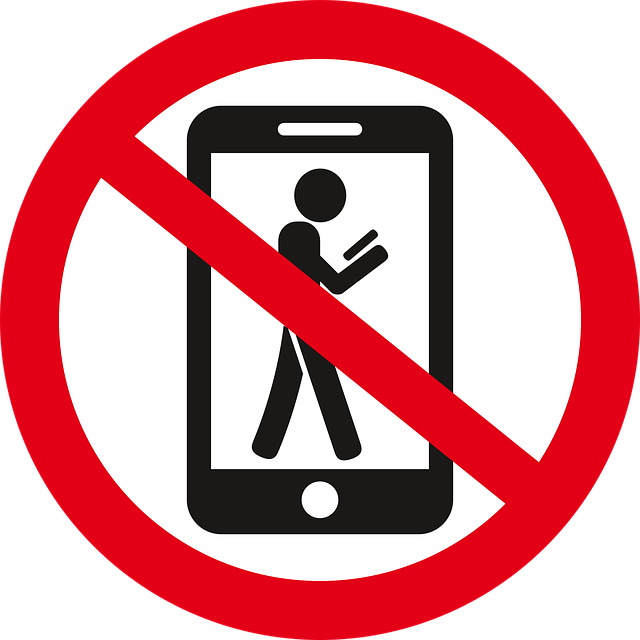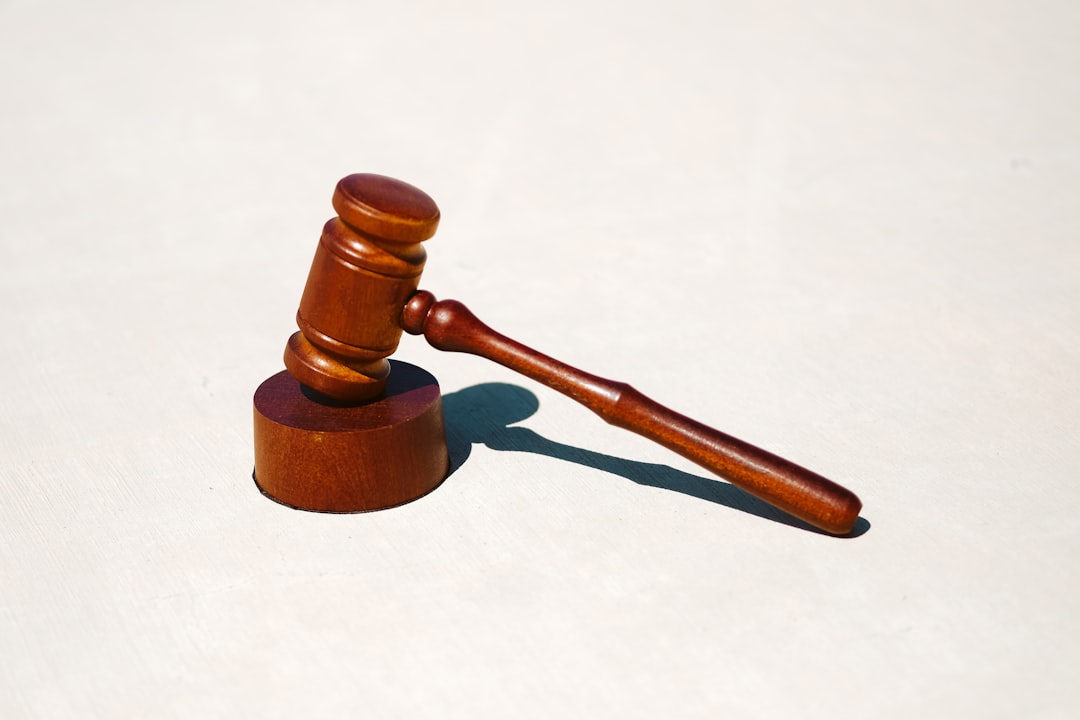Spam calls are a significant challenge for small businesses in Rhode Island, leading to wasted resources, increased costs, and potential legal issues. The Telephone Consumer Protection Act (TCPA) offers a framework to stop these calls with substantial fines for violations. Businesses can protect themselves by enrolling in the National Do Not Call Registry, implementing call-blocking software, and seeking legal counsel from specialized firms like Spam Call law firms Rhode Island or Spam call lawyers Rhode Island. Engaging such professionals is crucial for navigating TCPA regulations, identifying spam sources, blocking calls, and ensuring compliance to create a spam-free business environment.
“In today’s digital age, small businesses in Rhode Island face a growing menace: spam calls. These unwanted telephone marketing tactics not only disrupt operations but also pose legal risks under the Telephone Consumer Protection Act (TCPA). This comprehensive guide explores effective strategies to identify and block spam calls, highlighting the crucial role of specialized law firms and lawyers in Rhode Island. Learn how to protect your business and navigate the legal framework surrounding spam call regulations, including steps to take if affected, ensuring a safer, less intrusive communication environment.”
Understanding Spam Calls and Their Impact on Small Businesses in Rhode Island
Spam calls, or unsolicited telephone marketing calls, have become a significant nuisance and financial burden for small businesses in Rhode Island. These automated or live calls often promote products or services, offering deals that are too good to be true, or worse, attempting to trick recipients into sharing personal information. The impact on local businesses can be detrimental, leading to wasted time, increased operational costs, and even legal repercussions if the calls violate consumer protection laws.
In Rhode Island, as in many states, there are strict regulations in place to combat spam calls, primarily through the Telephone Consumer Protection Act (TCPA). A violation of this law can result in substantial fines for businesses making or facilitating these calls without prior express consent. To stop spam calls, small business owners can take several measures, including registering their phone numbers with the National Do Not Call Registry, using call-blocking software, and hiring legal counsel specializing in TCPA compliance and litigation (Spam Call law firm Rhode Island, Spam call lawyers Rhode Island). By understanding the laws and employing these strategies, businesses can better protect themselves from spam calls and ensure a safer, more productive business environment.
The Legal Framework: Rhode Island's Spam Call Laws and the TCPA
Rhode Island has implemented a stringent legal framework to combat spam calls, with its laws aligning closely with the federal Telephone Consumer Protection Act (TCPA). The TCPA is a powerful piece of legislation designed to protect consumers from unwanted telephone solicitations and abusive practices. Under this act, businesses are prohibited from making automated or prerecorded phone calls to individuals without their prior express consent.
When it comes to small businesses in Rhode Island, understanding and adhering to these spam call laws is essential. A violation of the TCPA can lead to significant financial penalties, with each unauthorized call potentially incurring substantial fines. To stop spam calls effectively, businesses should seek guidance from reputable spam call law firms or lawyers specializing in TCPA cases in Rhode Island. These legal experts can provide tailored strategies and help implement measures to protect against unwanted phone marketing activities, ensuring compliance with local regulations.
Strategies to Identify and Block Spam Calls Effectively
Identifying and blocking spam calls is a crucial step for small businesses in Rhode Island aiming to protect their operations and customer interactions. One effective strategy involves utilizing call blocking technologies that employ advanced algorithms to detect and filter out unwanted calls. These systems learn and adapt to new patterns, ensuring a high success rate in blocking spam. Implementing robust caller ID filters and blacklisting known spammer numbers are also simple yet powerful methods.
Additionally, staying informed about the Telephone Consumer Protection Act (TCPA) and local regulations is essential. Engaging the services of a reputable spam call law firm or consulting with TCPA lawyers in Rhode Island can provide guidance on legal options. Many firms offer specialized services to help businesses navigate these issues, ensuring compliance and offering effective solutions for how to stop spam calls in Rhode Island.
Role of a Spam Call Law Firm or Lawyer in Rhode Island
In Rhode Island, as in many states, businesses are increasingly affected by unwanted spam calls, which can lead to significant disruptions and financial losses. This is where a Spam Call Law Firm or Lawyer steps in as a crucial ally for small businesses. These legal experts specialize in navigating the Telephone Consumer Protection Act (TCPA), a federal law designed to protect consumers from excessive telephone solicitations and telemarketing practices. By employing their knowledge of this legislation, they can guide businesses on how to stop spam calls effectively.
A Spam Call Law Firm or Lawyer in Rhode Island offers several services tailored to combat this issue. They can assist in identifying and blocking the sources of these calls, helping businesses implement robust anti-spam measures, and even representing them in legal actions if necessary. Their expertise includes negotiating with call centers and telemarketers, advising on best practices to minimize spam, and ensuring compliance with the TCPA. Engaging such a lawyer is an essential step for Rhode Island businesses aiming to protect their operations from disruptive and often illegal spam calls.
Steps to Take If You're Affected by Spam Calls in Rhode Island
If your small business in Rhode Island is plagued by spam calls, know that there are legal avenues to explore. The first step is to document the calls—note down dates, times, and any specific messages or numbers. This evidence will be crucial when filing a complaint with the Federal Communications Commission (FCC) or seeking legal counsel.
Next, consider blocking numbers manually through your phone settings or using third-party apps designed to filter out spam calls. Additionally, stay informed about the Telephone Consumer Protection Act (TCPA), which prohibits certain marketing calls and provides recourse for affected individuals and businesses. Contacting a law firm specializing in TCPA cases, such as those in Rhode Island, is also an effective step towards reclaiming your business lines from unwanted intrusions.






